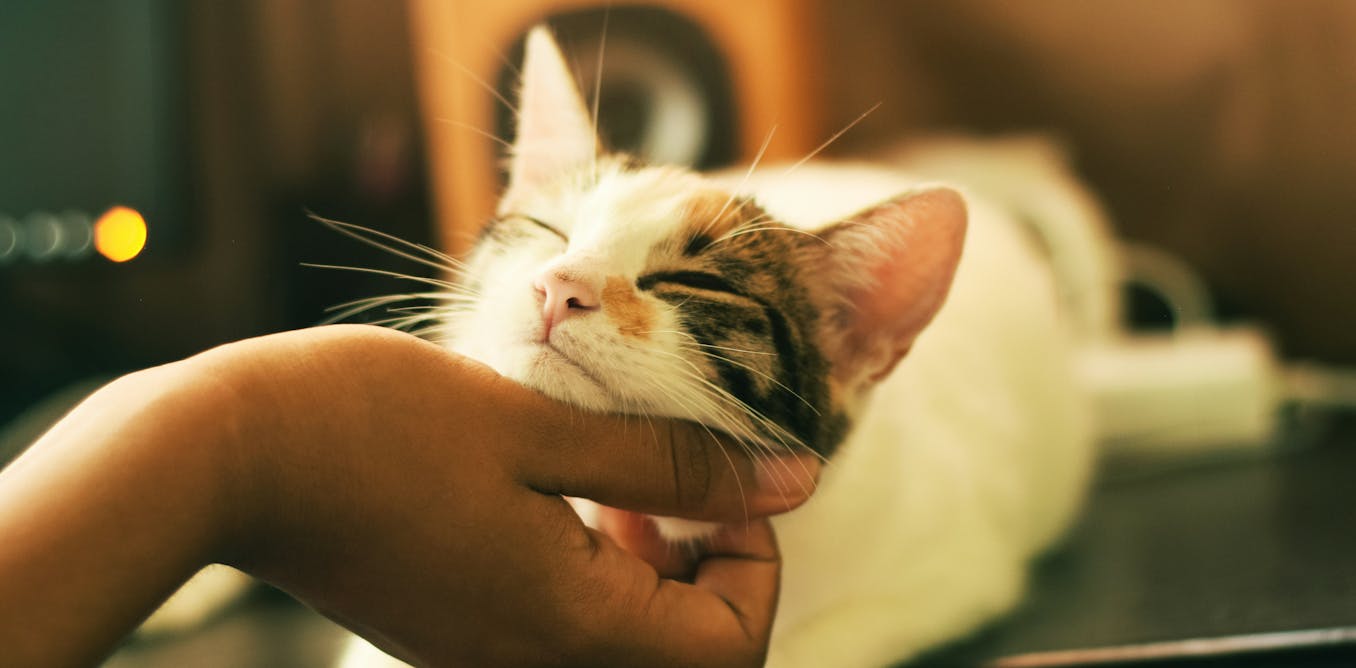Are Cats Good for Our Health?
Living with cats can have a profound impact on our physical and mental well-being. From comforting us with their purrs to making us laugh with their antics, it’s no wonder why many of us consider our feline friends to be part of the family. But do cats truly have a significant impact on our health? Here, we’ll explore the benefits and potential drawbacks of living with cats.
Part of the Family
Cats have a unique ability to bring people together, creating a sense of belonging and companionship. In a study of 1,800 Dutch cat owners, half reported that their cat was family, while one in three viewed their cat as a child or best friend, finding them loyal, supportive, and empathetic.
A Sense of Purpose
Owning a pet is associated with reduced social isolation, and a study found that providing for a cat can increase feelings of enjoyment and sense of purpose. But the benefits may depend on how you relate to your cat. A study on different relationship styles between humans and cats, including "remote," "casual," and "codependent," found that people whose relationship with their cat was co-dependent or friendly had a higher emotional connection with their pet.
Links to Heart Health
Research has shown that people who own or have owned a cat have a lower risk of dying from cardiovascular diseases such as stroke and heart disease. While this may not be a direct cause-and-effect relationship, it’s clear that cat ownership is associated with improved heart health.
Mental Health Downsides
While the potential benefits of cat ownership are numerous, there are also potential downsides. Caring for a cat that becomes ill or injured can be emotionally draining and even lead to a sense of burden. A study found that one-third of cat owners whose cats had epilepsy experienced a level of burden that could interfere with their daily activities.
Toxoplasmosis
Cats can carry zoonotic diseases, which are infections that spread from animals to humans. Toxoplasmosis, a parasite excreted in cat feces, can infect other mammals, including humans. Pregnant women and people with lowered immunity are most at risk, and it’s recommended that they avoid emptying cat litter trays or use gloves when cleaning.
Allergies
Interestingly, up to 20% of people are allergic to cats, and this number is increasing. When cats groom themselves, they deposit allergens in their fur, which can cause an allergic reaction. People with mild allergies can still live with cats by regularly washing their hands, cleaning surfaces, and vacuuming to eliminate dander.
Conclusion
In conclusion, while cat ownership is not without its potential downsides, the benefits to our physical and mental health are clear. From reducing social isolation to improving heart health, cats have a significant impact on our well-being. By understanding the potential risks and taking steps to mitigate them, we can ensure a happy and healthy relationship with our feline friends.
FAQs
Q: What is toxoplasmosis?
A: Toxoplasmosis is a parasitic infection that can spread from cats to humans, potentially causing flu-like symptoms and, in rare cases, more severe health problems.
Q: How common are allergies to cats?
A: Up to 20% of people are allergic to cats, with the number increasing over time.
Q: Can I still live with cats if I have mild allergies?
A: Yes, with proper precautions, such as regular handwashing, surface cleaning, and vacuuming, people with mild allergies can still live with cats.
Q: Are there any risks to my heart health from owning a cat?
A: Research suggests that cat owners have a lower risk of dying from cardiovascular diseases, such as stroke and heart disease.
Recommended Products:
-

Organic Lions Mane Supplement Capsules 2400 mg – Powerful Nootropic – Helps Maintain Memory, Energy, and Mental Clarity – Vegan Brain Booster Focus Pills – Real Lion’s Mane Supplement – Melena de Leon
$19.99 Buy Now -
Sale!

Sea Moss & Mushrooms Liquid Drops, Lions Mane Supplement with Irish Sea Moss & Cordyceps etc, Support for Memory, Focus & Clarify, Immune and Digestive Health, Non-GMO, Strawberry Flavor, 2 FL OZ
Original price was: $22.99.$17.59Current price is: $17.59. Buy Now -

humanN SuperBeets Memory & Focus Brain Supplement Chews – Mental Alertness – Clinically Studied Nootropics, Resveratrol Plus Beet Root Powder, Blueberry Pomegranate Flavor, 30 Count
$39.95 Buy Now



